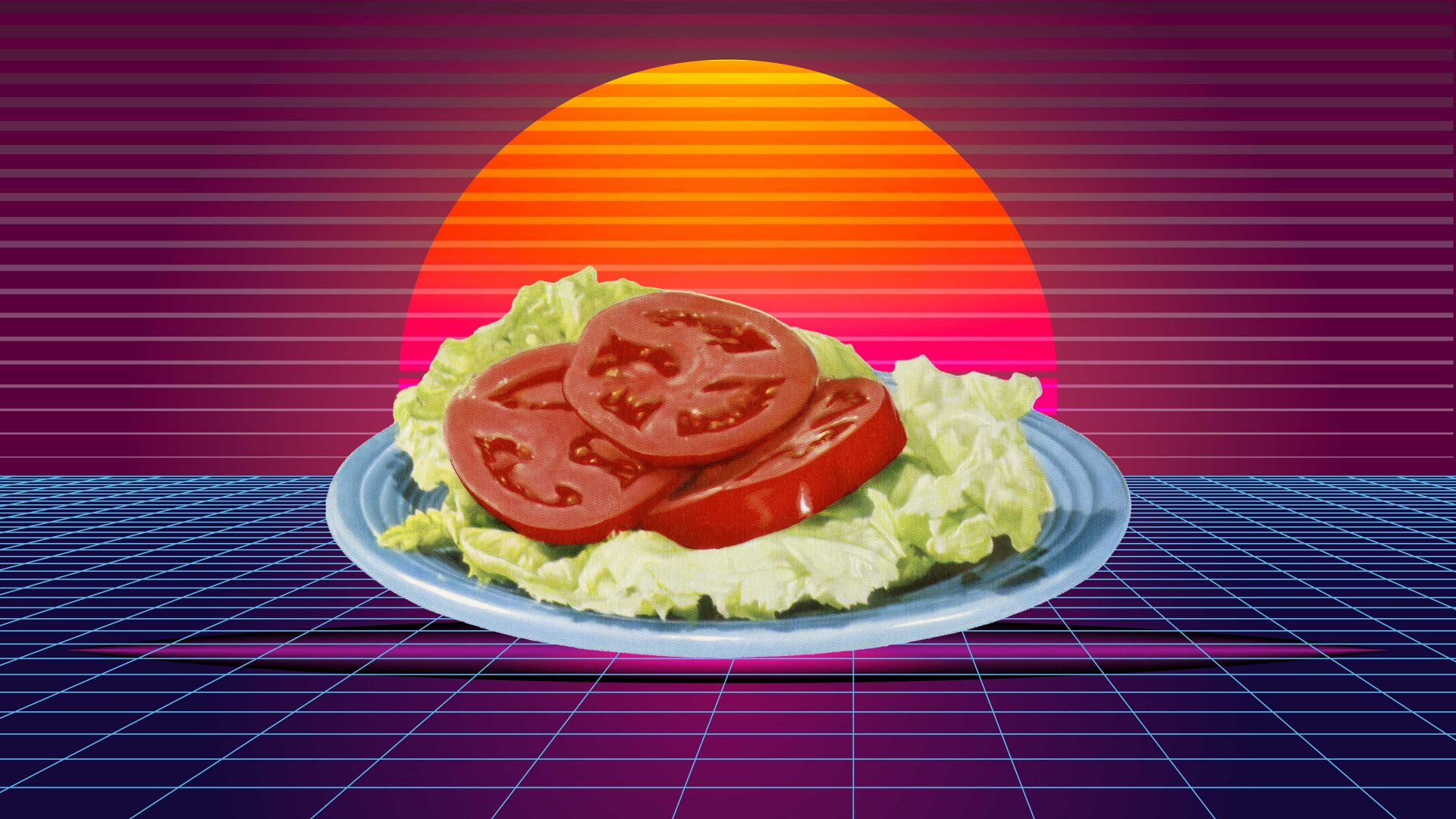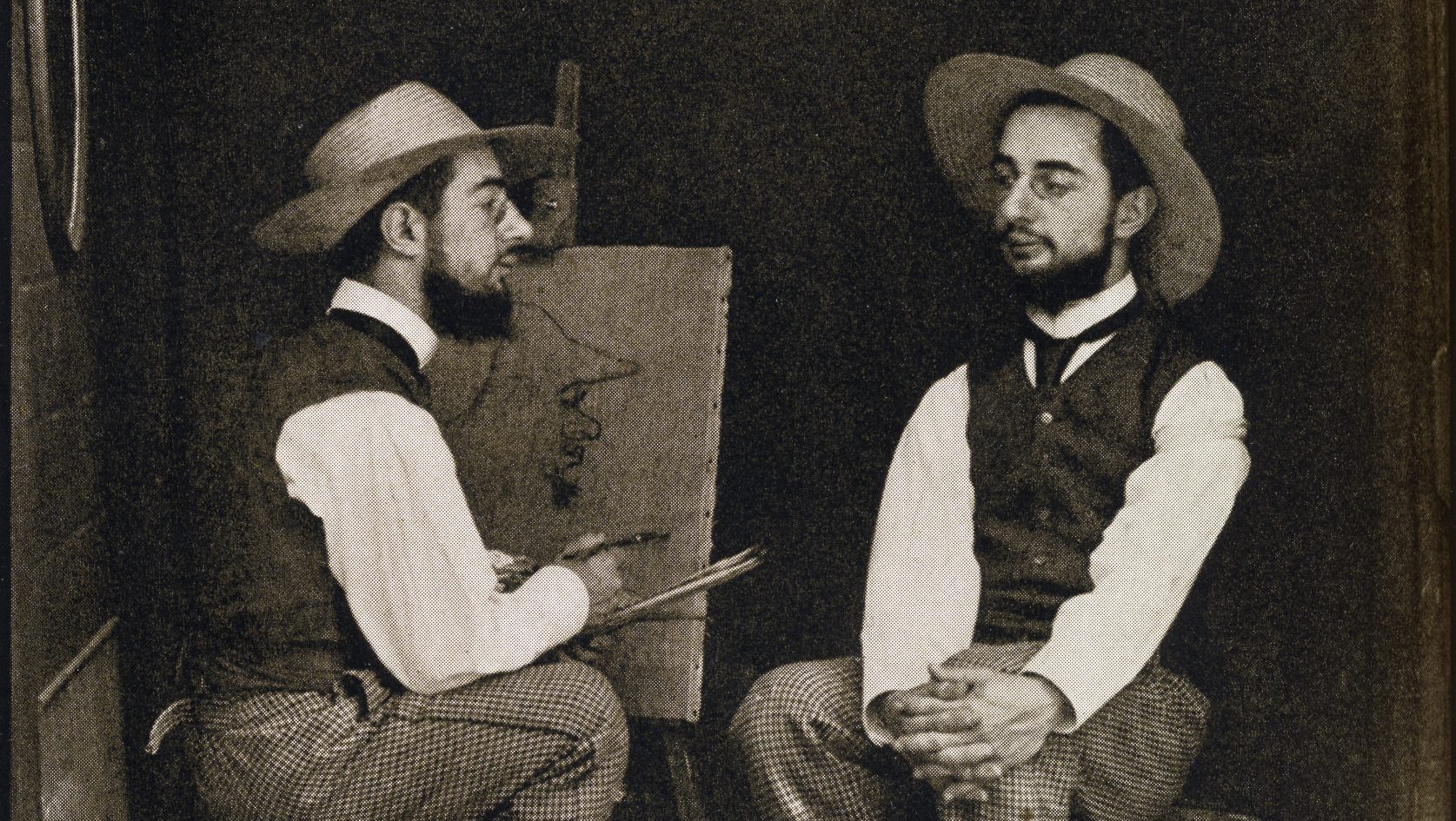I have a weekly appointment in the heart of the City of London. That’s right; in among all those supposedly iconic skyscrapers – the Gherkin, the Cheese Grater, the Wad – that are all mirrored shapes, banal names, and no substance – a cityscape that’s shimmered into being with all the angsty alacrity of a computer-generated environment in a Christopher Nolan film.
Anyway, each time I emerge at Bank, directly below the facade of Hawksmoor’s St Mary Woolnoth – that baroque sub-station of spirituality – then circumambulate the Royal Exchange, all these hundreds of thousands of square metres of office space rear up overhead, at once the symbol of an evanescent future, and the reality of an unsustainable present.
Caught among these behemoth buildings as a flaccid frond in between fangs, is a business the very name of which says it all – about where we’ve been, where we are now, and where we’re going: the Salad Project. Yes, let’s hear it one more time: the Salad Project. Is there a worse project imaginable than this one? You could call a business the Shit Project and it would have more come-hither elan than the salad one. Yet there they are, the poor office grinders, released every lunchtime from their Cheese Grater, so they can pace and vape and smoke, then queue up for a salad from you-know-who with some slaw shredded on it.
What makes it all seem so grimly inevitable is that I predicted the existence of the Salad Project 30 years ago in my first published novel. Just Lettuce was just one of a number of absurdist eateries I gave life to in this satire on the burgeoning gastroculture of the 1990s. Others included an Aboriginal-themed bar called Nowhere, and a ludicrously over-priced burger joint called Cheeseman Smothers. Look, I recognise this is pretty damn niche – hardly prognostication of a scale or significance to match… well, just about any other would-be futurologist. The second bestselling novel of the 19th century was Edward Bellamy’s Looking Backward, a Rip Van Winkle-esque tale of a Yankee who falls asleep in the 1880s, and wakes to the brave new world of 2001, complete with shopping malls, credit cards, and a sort of weirdly blended corporate-capitalism – as if Blair’s Labour had been the natural party of British government for the second half of the 20th century, and on into this one.
Inasmuch as portraying the future is always really about rendering those aspects of now that are troubling and unassimilable, late 19th-century speculative fiction concerned itself with social quite as much as technological change: what threatened everyone was class war – the way out was the future for capitalists quite as much as Marxists. In the 20th, as a direct response to the birth – out of war, by way of insanity – of Big Science, science fiction gets harder and shinier: both HG Wells, and – perhaps more surprisingly – EM Forster, anticipate the arrival of the internet, the web, and the reclusive lifestyle that will be their sequel.
Wells places the web-heads of his imagined future in an aerial city of cable cars and air-taxis, and implies they may be watching something akin to, gulp, pornography – Forster’s are rather more celibate – to the extent of sterility – and inhabit an ulterior realm of fussy reclusion. It’s quite possible to imagine either of these future scenarios incorporating the Salad Project – and any number of other innovative takeaways and eateries, so long as they deliver.
Because what futurologists always seem to get wrong is the embeddedness of ordinary life in the very shifting sands of the present – sands that may well be grains which are worlds entire, the problem being those worlds are, in turn, well provided with branches of the Salad Project – or Just Lettuce for that matter. Yes, I can remember the great technological innovations that have characterised our era – the first time I saw people talking on hands-free mobile phones springs to mind: it was in Arlanda Airport, Stockholm; and I thought either they were schizophrenic, or possibly conversing with strange Norse gods.
Rather than asking if it was salad for supper, again. No, new technologies may have been the medium – the message for decades now has been: French, house or ranch-style? The only reason we don’t speculate on the future of selling, buying and messily eating is because we know it will be pretty much the same as the go-round we’re currently enduring. Imagining the future of consumer cultures like this one is the business of trend forecasters rather than novelists. The great American (and Marxist) literary critic, Frederick Jameson, asks why it’s so much easier to imagine the end of the world than that of capitalism – the answer, surely, lies in the success of the Salad Project. For now.



